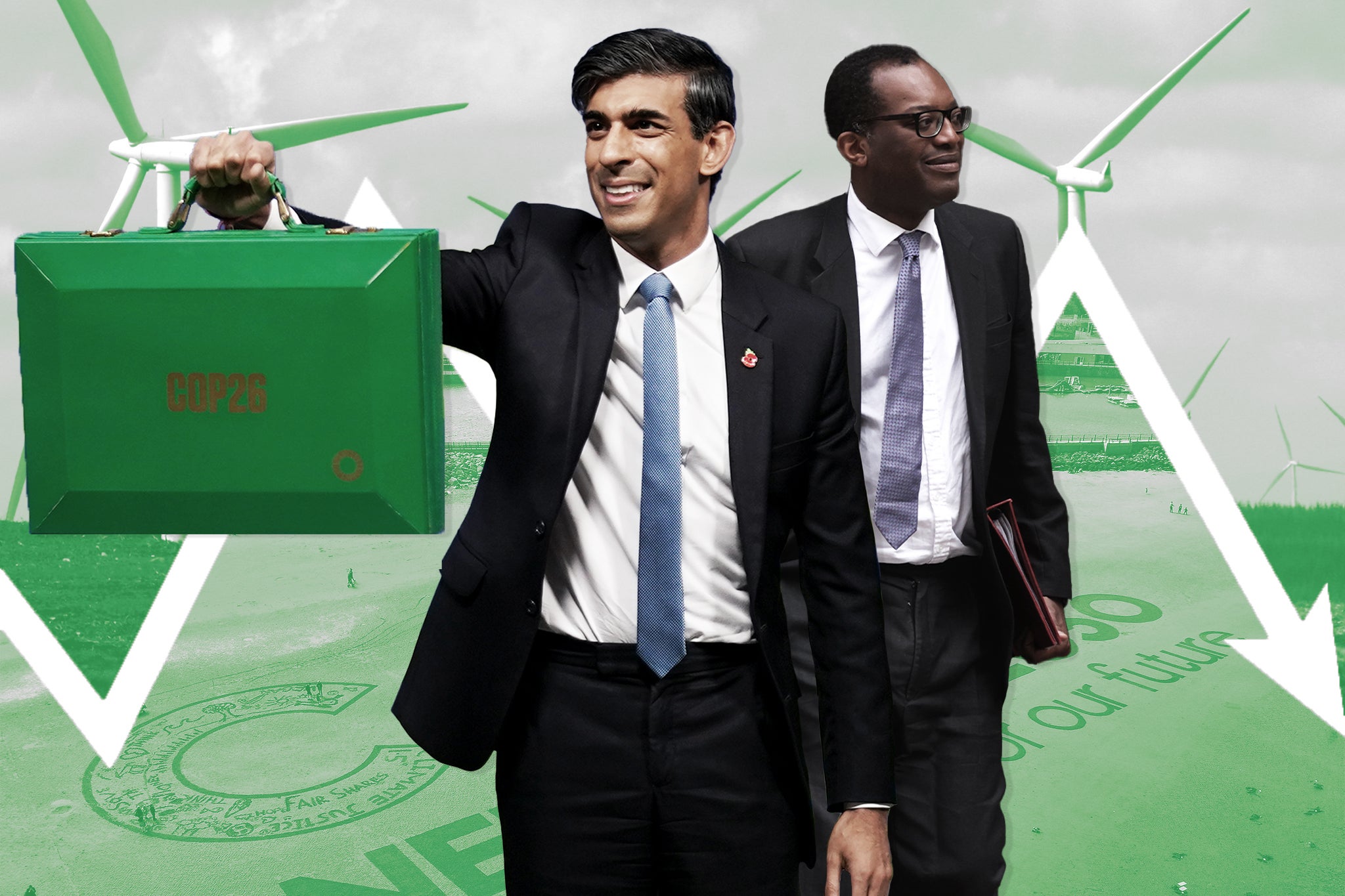Revealed: UK fails to deliver £240m in net zero projects
Exclusive: ‘Disastrous’ underspend is holding UK back, warns Labour
Your support helps us to tell the story
From reproductive rights to climate change to Big Tech, The Independent is on the ground when the story is developing. Whether it's investigating the financials of Elon Musk's pro-Trump PAC or producing our latest documentary, 'The A Word', which shines a light on the American women fighting for reproductive rights, we know how important it is to parse out the facts from the messaging.
At such a critical moment in US history, we need reporters on the ground. Your donation allows us to keep sending journalists to speak to both sides of the story.
The Independent is trusted by Americans across the entire political spectrum. And unlike many other quality news outlets, we choose not to lock Americans out of our reporting and analysis with paywalls. We believe quality journalism should be available to everyone, paid for by those who can afford it.
Your support makes all the difference.Britain failed to deliver almost a quarter of a billion pounds in green projects aimed at reaching net zero even as Boris Johnson urged governments around the world to drastically raise their investment in tackling the climate crisis, The Independent can reveal.
Some £241m earmarked for cancelling out UK carbon emissions by 2050 was handed back to the Treasury in the last financial year by the business department, papers show. It is understood the money had been linked to the green homes grant scheme, set up to boost the energy efficiency of homes.
Labour said the investment could have helped tackle the rise in household bills that have helped drive the cost of living to a 30-year high.
Shadow climate change secretary Ed Miliband said: “As energy bills rocket for working people, the government should be investing to help cut energy bills by insulating homes, and driving forward the green energy sprint to homegrown clean power.
“The government’s disastrous underinvestment is holding this country back, costing us jobs in the new clean industries of the future, and keeping household bills high,” Mr Miliband said, adding that the government’s “incompetence in delivery means that they are failing to use resources that could be providing the real support that families need now”.
As hosts of the Cop26 climate summit last year, the government urged other nations to commit more money to transition to low carbon economies. But there have been questions about the UK’s own bid to account for public spending to reach net zero.
In March, MPs on the Public Accounts Committee warned that the government had “no clear plan for how the transition to net zero will be funded”, with vague performance measures and a lack of overall budget. The Treasury has since said it would lay out a plan in autumn, but a source warned: “There’s a huge challenge in working out how to clearly account for net zero within Whitehall and developed economies.”

The green homes grant, a key part of the prime minister’s drive to “build back better”, struggled with pressures of Covid-19 lockdowns and a shortage of trained builders and technicians to carry out improvements.
The government has also placed significant weight on the private sector’s role in delivering its net zero strategy, which was unveiled last year, but experts in government accounting are concerned that this was short on information about when tranches of money would be spent, and in which areas.
“We’ve seen various scenarios for delivering net zero ambitions, but what we haven’t seen is a clear, detailed view from the government on what it will be spending, and what will be coming from the private sector, and when,” said Jill Rutter, a senior fellow at the Institute for Government think tank.
It is understood that the £241m that went unspent will not automatically be rolled over into this year’s budget, though officials told The Independent that it was unlikely to mean a smaller allocation in years to come.
A business department spokesperson said: “We are committed to meeting our legally binding target of net zero emissions by 2050 and are backing that with £26bn of investment in delivering our net zero strategy. This, along with the British Energy Security Strategy, means we will leverage an unprecedented £100bn of private investment by 2030.”





Join our commenting forum
Join thought-provoking conversations, follow other Independent readers and see their replies
Comments